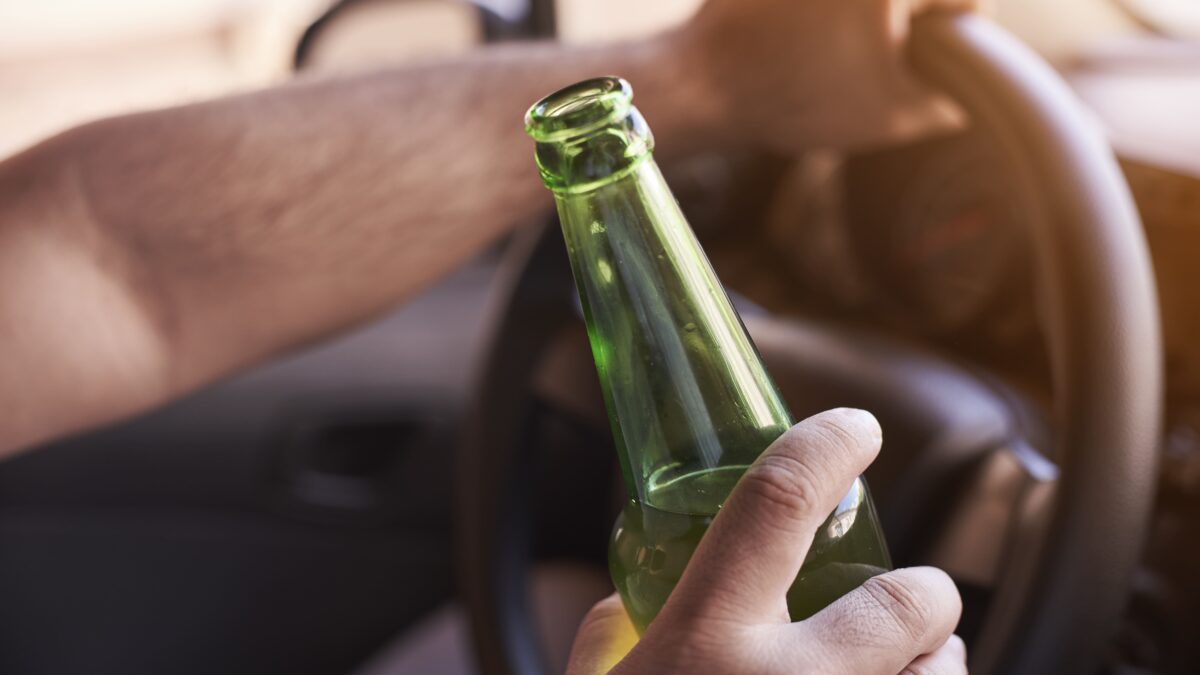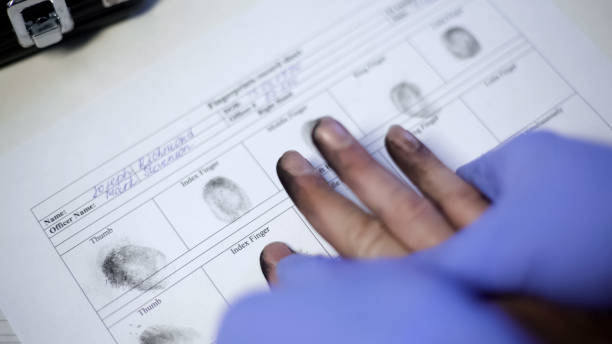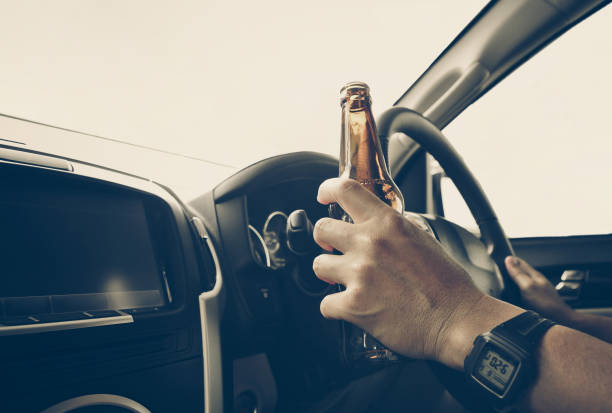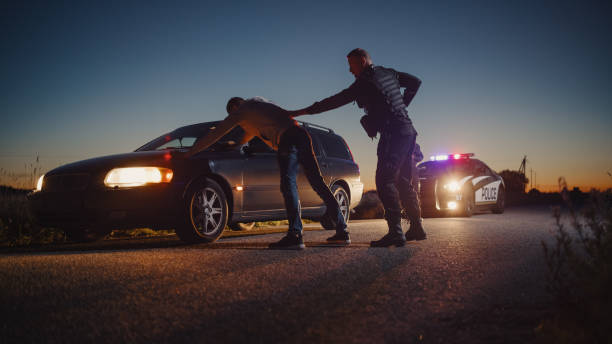DUI vs. DWI In California: What You Need to Know

What Is a Pro Se Divorce and Why It Is a Bad Idea
March 17, 2024
Making a Valid Will in California
June 4, 2024If you’re facing charges for a DUI or DWI, you may wonder what the difference is and the consequences associated with each. Both of these terms are abbreviations that refer to impaired driving. In some states, there is a difference between the two. However, there is no legal distinction between DUI vs. DWI in California, and the term DUI is more commonly used than DWI.
If you operate a motor vehicle under the influence of alcohol, drugs, or both, you’ll receive a DUI. Calling a drunk driving charge a DWI isn’t necessarily incorrect, but the abbreviation for DUI aligns more closely with the framework and terminology used in California courts for impaired driving offenses.
Types of DUI Charges in California
There are different types of DUI charges that you can be charged with in California, and they are laid out in California Vehicle Code 23152. These will be determined based on individual circumstances and factors, but these are some of the main categories of California DUI charges:
- Standard DUI is a common DUI charge. It involves driving under the influence of alcohol, drugs, or a combination of the two. It results when one’s physical and mental abilities are impaired to the point of unsafe driving.
- DUI with a BAC of 0.08% or Higher applies when the BAC (blood alcohol content) is 0.08% or higher for those 21 or older. There are lower BAC thresholds for drivers under the age of 21 or for those who are on probation for a previous DUI.
- DUI with a Passenger for Hire charges are issued when a person with a BAC level of 0.04% or higher drives a vehicle with a passenger for hire. This section applies to taxi, Uber, or Lyft drivers.
- DUI Combination occurs when both alcohol and drugs impair a driver at the same time.
- DUI Causing Injury involves DUI accidents that have resulted in bodily injury to another person. This charge can lead to enhanced penalties and felony charges for the severe injuries caused.
- Felony DUI charges are changed under specific circumstances like previous DUI convictions within a specific time frame or when the DUI has caused serious injuries or fatalities.
- DUI with Prior Convictions increases penalties for those who have had prior DUI convictions within a certain timeframe (typically ten years).
- Underage DUI applies to drivers under the age of 21 with any measurable amount of alcohol in their system (Zero Tolerance Law) or those above lower thresholds (0.05% or 0.01%).
What Happens With a BAC Under the Legal Limit?
If you ever have to stop and question whether you are too drunk to drive, the best answer is not to drive at all. Never operate a vehicle if you have been drinking, even if you don’t feel any different. Even if you are a regular or heavy drinker, you still should not drive a vehicle after 1 or 2 drinks.
You can still be charged with a DUI in California, even if your BAC is under 0.08%. A BAC of 0.08% or higher is the legal limit in most states, but it is not the only factor when determining if you will be charged with a DUI or not.
Other factors can play a role in deciding to charge for a DUI. If you are driving recklessly, weaving in and out of lanes, driving at high or low speeds inconsistently, failing any field sobriety tests given to you, or exhibiting any other behaviors that suggest your ability to drive is impaired, you can still be arrested for a DUI.
Top Frequently Asked Questions About DUIs
Is there any difference between a DUI and a DWI in California?
There is no legal distinction in California between the two, and both are often used interchangeably when referring to driving under the influence of drugs or alcohol.
Can I still be charged with a DUI if my BAC was under the legal limit?
Yes, if you show any signs at all of impairment, you still can be charged with a DUI under the 0.08% legal limit.
Are the penalties any different between alcohol or drugs when being charged with a DUI in California?
No, the penalties are typically the same whether you are impaired by drugs or alcohol.
Am I allowed to refuse a breathalyzer or blood test?
You can refuse these tests, but under California’s implied consent law, this refusal can result in automatic license suspension or other penalties.
What are the penalties for someone who has never had a DUI offense before?
Penalties might include fines, a suspended license, mandatory alcohol education programs, and possibly even jail time.
How long will a DUI stay on my driving record?
DUI convictions can remain on a driving record for up to 10 years.
Will a DUI have any effect on my insurance rates?
Yes, DUI convictions will likely cause significantly higher insurance premiums.
If I take prescription medication, can I be charged with a DUI?
Yes, you can be charged with a DUI if the medication you have taken impairs your ability to drive at all.
Turn to Thompson Law, a Bakersfield DUI Lawyer
When you have a DUI charge, it is recommended that you seek out legal representation from a qualified DUI attorney instead of attempting to represent yourself in court. Facing these charges in California can be rather complex and result in serious consequences. Whether you are dealing with a standard DUI, excessive BAC, or any other DUI-related offense, having a DUI attorney by your side every step of the way can make a world of difference.
Thompson Law is here to help. You don’t have to navigate through this process on your own. We have knowledgeable attorneys who will fight to protect your rights and explore different options for the best possible outcome.
Contact us today for a consultation, and let us help you navigate this with expertise and dedication.




